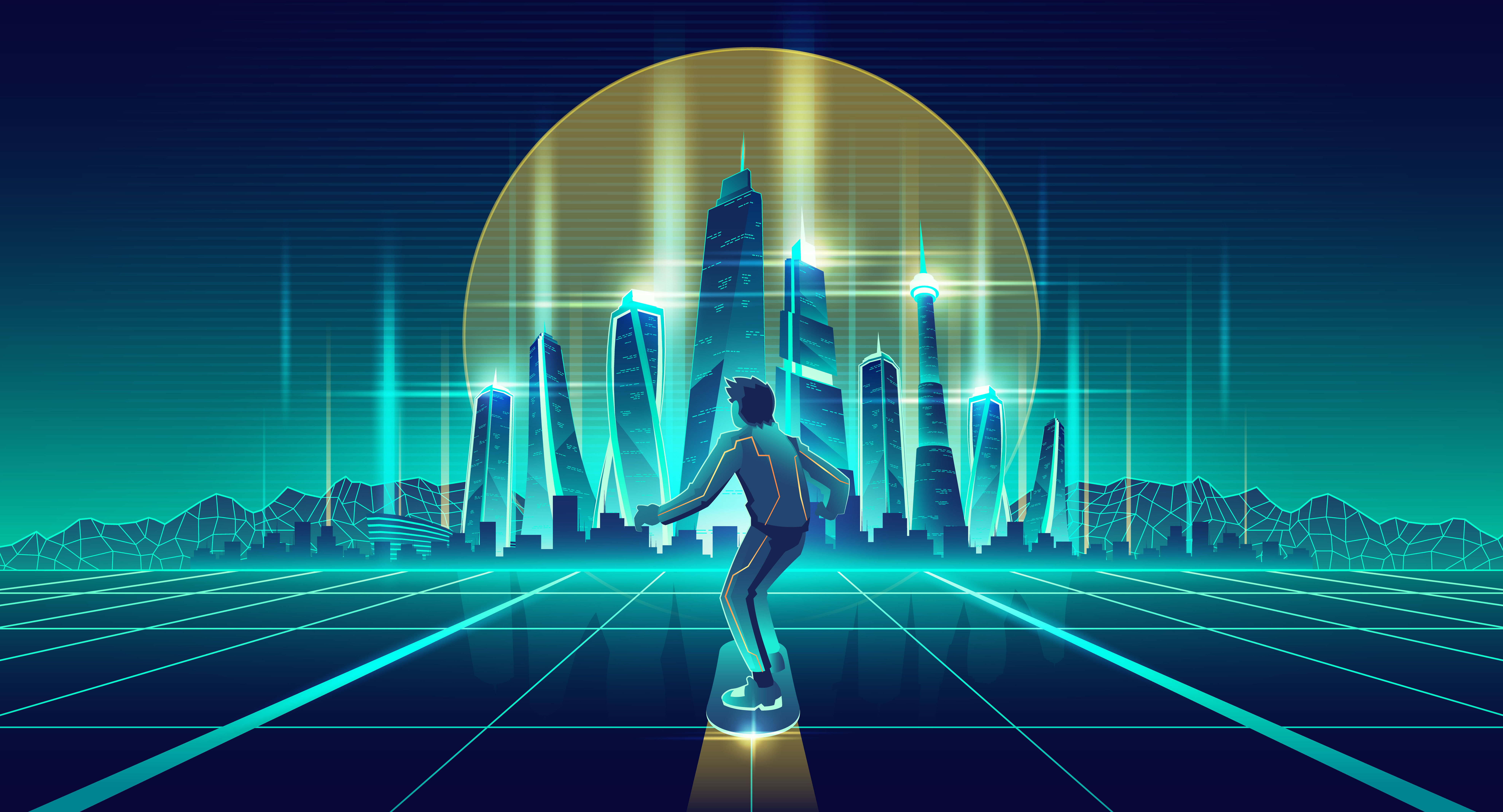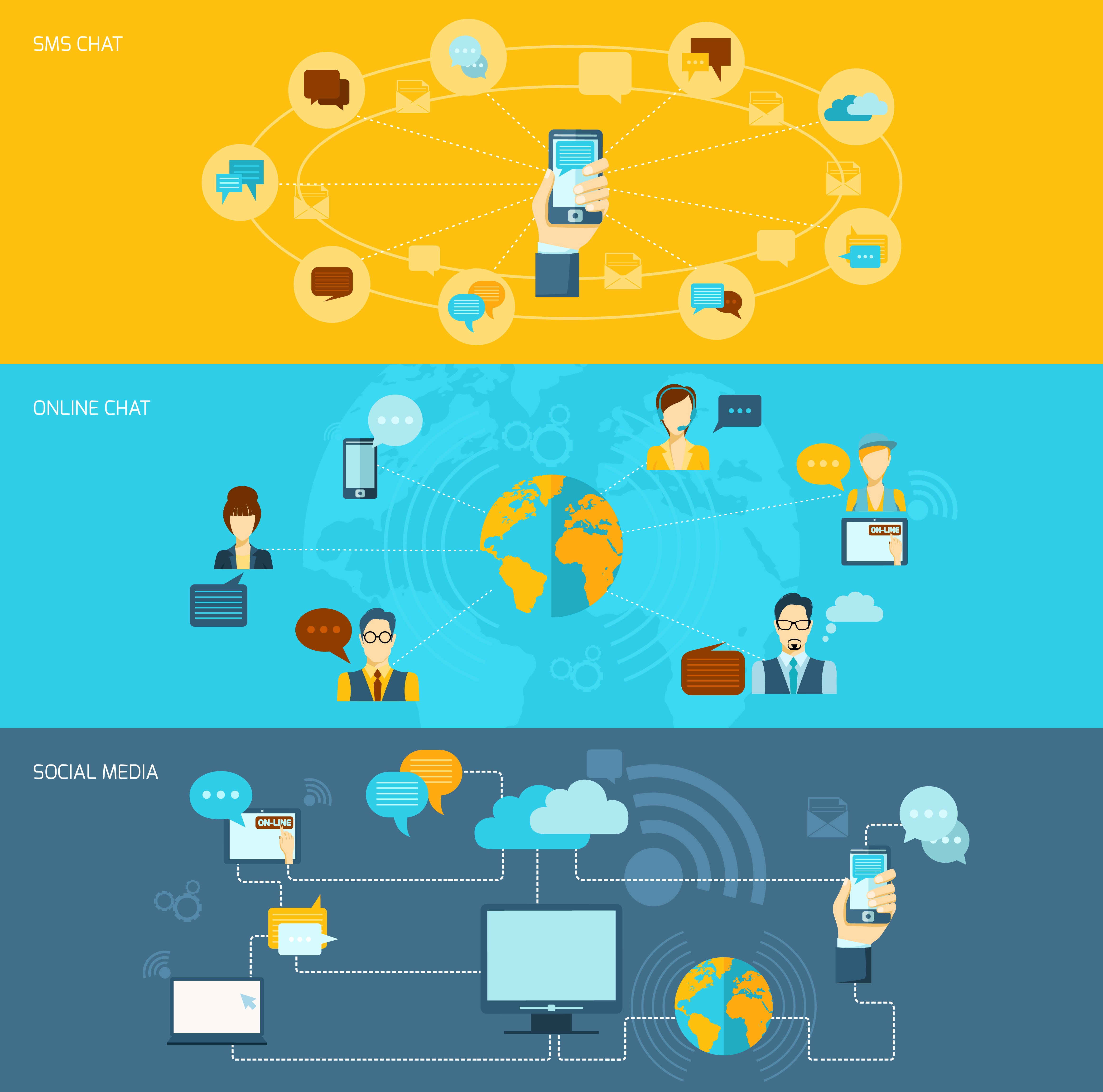The metaverse is shaping a new digital universe where people live, work, and play. It blends augmented and virtual reality into one continuous space. It could redefine the way we interact with the internet forever.
The term “metaverse” refers to an immersive digital world where users can create avatars, socialize, and participate in virtual economies. Think of it as the next version of the internet, but experienced through virtual reality (VR) and augmented reality (AR) environments.
Big tech companies like Meta (Facebook), Apple, and Nvidia are investing billions to develop tools, platforms, and devices for metaverse access. These include VR headsets, 3D avatars, and blockchain-based digital assets like NFTs.
The metaverse is not just for gaming. Companies are using it for virtual offices, product demos, concerts, and even real estate tours. It's an expanding universe where physical boundaries are replaced with immersive digital spaces.
There are challenges too, including concerns about data privacy, security, identity theft, and user well-being. As people spend more time in virtual worlds, regulators and creators must ensure safety, inclusion, and ethical standards.
If developed responsibly, the metaverse can revolutionize education, social interaction, and digital economies. It represents a bold vision of the future—one where imagination becomes reality, powered by code.








